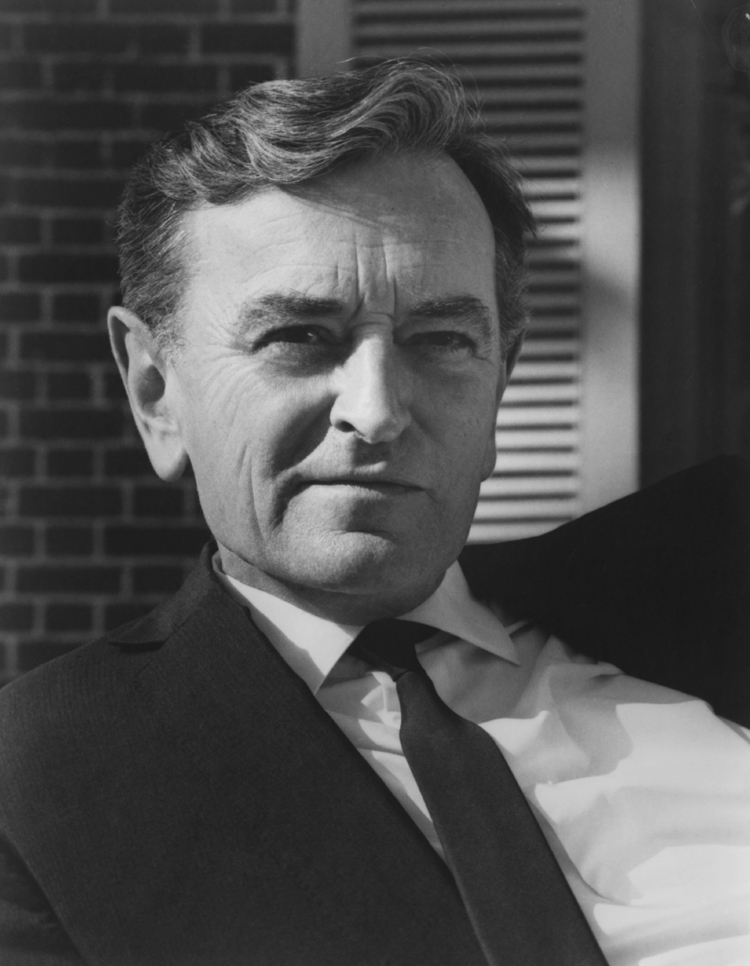Essential DVDs: Brief Encounter (1945); Oliver Twist (1948); Great Expectations (1946); The Bridge On The River Kwai (1957); Lawrence Of Arabia (1962); Doctor Zhivago (1965)
Oscars: Best Director, Best Picture (The Bridge On The River Kwai); Best Director, Best Picture (Lawrence Of Arabia, 1963); Best Picture (Doctor Zhivago, 1966)
In His Own Words: “Actors can be a terrible bore on the set, though I enjoy having dinner with them.”
What is often forgotten amid the beautiful reaches of his vision, his rapturous storytelling and tireless quest for perfection, is what a practical soul David Lean was. He grounded himself in the industry editing such films as Michael Powell’s One Of Our Aircraft Is Missing and 49th Parallel, and when he came to direct, it was in the dusty edit suites of old Soho and not among the far-flung locations or shadowy backlots that his true alchemy was born.
Lean was a dreamer, a supreme visualist, who ripened into, arguably, the finest director this country has ever produced. His was in every sense a true romantic; he pursued women as fanatically as he pursued the light. It was a career that can be roughly divided into the two schools of design: the shimmering black and white of his early work, especially the standard-setting Dickens’ adaptations (Great Expectations is the purist’s choice when picking out his best work) and the Technicolor splendour of the glory glory years. Bridge Over The Kwai, the still astounding Lawrence Of Arabia and the voluminous romance of Doctor Zhivago, are the trio that have come to define him. Although, interestingly, he always saw the slight, tender Venice romance of Summertime, with Katharine Hepburn, as his favourite.
For it was not just the oceans of sand or lush jungles that fuelled his muse, he intricately understood the workings of a script. English playwright Robert Bolt became his resident scripter, who shuffled through the politics and range of those big, big books to find an essential filmable core. Then the actors were carried along by Lean’s maniacal control, his sheer exertion and this journey toward some kind of divine yonder where cinema could transcend (Lawrence took two years to conclude its shoot, Lean more or less dragged kicking and screaming from the set). For much of his career it did.
That he took his art, and himself, so seriously got its most damaging note when having been berated by a clutch of New York critics, led by the redoubtable Pauline Kael, for the bloated Ryan’s Daughter, he swore off moviemaking for a staggering 13 years. His return was the elegant, if muted A Passage To India. Age and a certain dulling of the passions left the film elegant but overly poised. Such intriguing possibilities as Nostromo and The Bounty were never to happen.
Yet Lean’s work remains undimmed. Spielberg, a champion of his late revival, routinely watches Lawrence to glean inspiration before starting on a film. He was an architect of scope, romanticism and grandeur, certainly, but it was the confines of the human heart that fascinated him.

